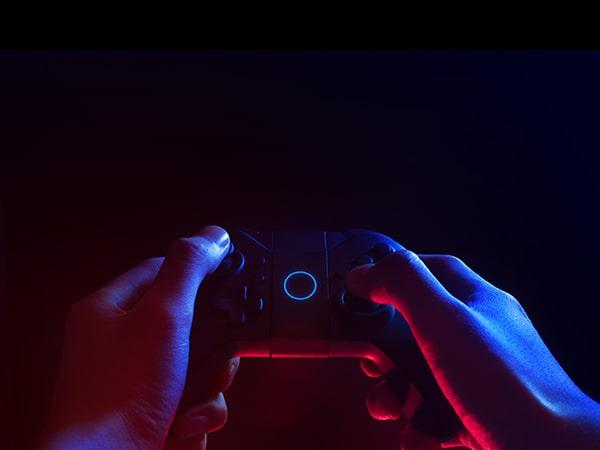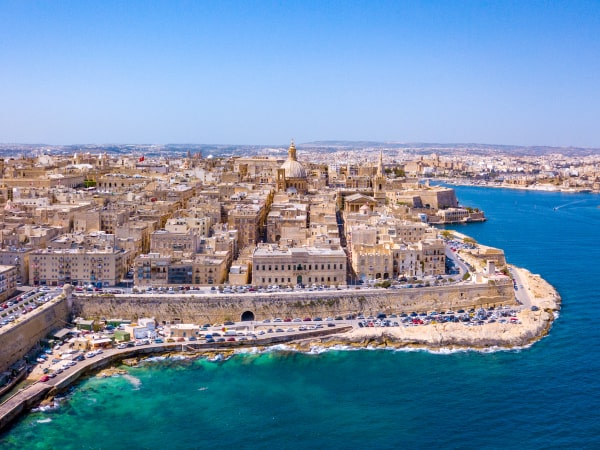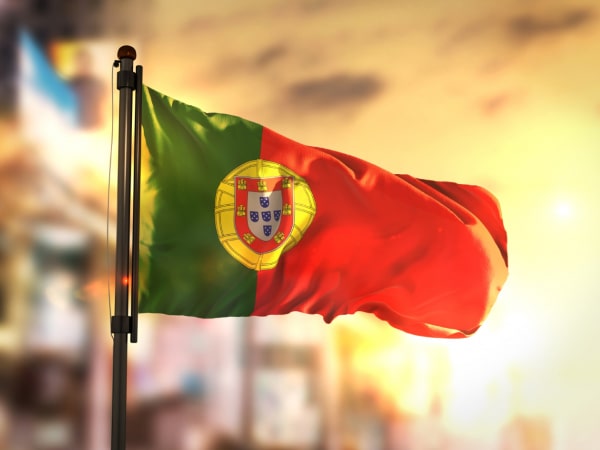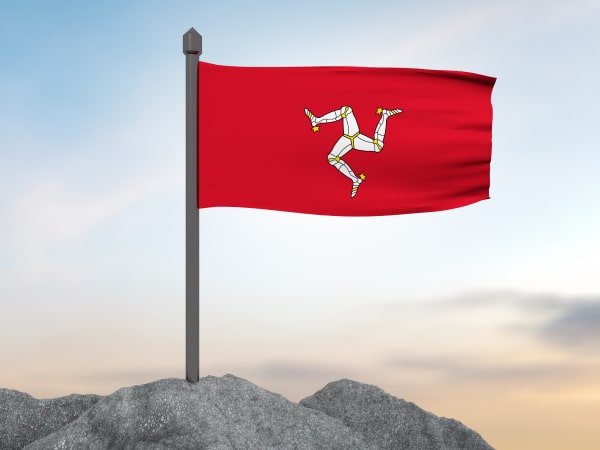Gaming License
If one wants to establish a gaming, a betting company, or a gaming platform, an entrepreneur must possess a relevant permit first. Legalization of commercial activities is the initial step towards security and the possibility of the development of projects. A gaming license is a document that allows you to run bingo, all kinds of lotteries, options, and an online bookmaker. Since this activity is regulated, it is impossible to set up a betting business in every jurisdiction. To do so, one must apply for a gaming license. Several countries issue permits and allow their holders to work with clients from all over the world. Typically, a body develops a set of requirements for the owner of the betting business. Foremost, compliance standards relating to the company’s financial accounting, auditing, the functionality of existing games, and a description of the company’s activities.

How and where to get a gaming license?
The top destinations for gaming licenses are the Isle of Man, Curaçao, Gibraltar, the UK, and Malta. The regulators provide players with an equal and safe environment. For example, Curaçao eGaming permits, bookmakers, bingo, etc. The Maltese authority issues four types of permits and monitors fairness and safety. These measures are part of gaming license compliance. The regulator of the Isle of Man monitors offline and virtual establishments. The body ensures that gamers’ interests are protected and that the gaming house pays their winnings fairly. The UK Gaming authority is one of the most powerful; it oversees all types of gaming offered to British nationals. The organization is known for its criteria, so its members tend to be highly honored in the digital gaming world. Its stringent gaming license compliance standards are well-respected. All regulatory authorities seriously check candidates for a license, which inspires confidence from players from all over the globe.
A general guide on how to get a gaming license includes the following steps:
- Provide the Regulatory Commission with a description of the business’s financial and administrative condition, as well as information about stockholders and key persons.
- Pass a plan review, including marketing, recruitment, projections, and financial prospects.
- Pass a compliance and business transparency test.
- Pay the authorized capital depending on the license type (the amount can be up to €240k).
- After that, the applicant receives a notification about the successful consideration of the application.

Requirements for Gaming License
Securing a gaming license is essential for any business looking to enter the online gaming industry. Here’s a quick rundown of the most common gaming license requirements:
- Corporate structure
In many cases, you can apply for a gaming license even if your company is registered in another country. This allows for greater flexibility, especially for international businesses, though you’ll still need to comply with the local regulations of the licensing jurisdiction.
- Financial stability
You’ll need to prove that your business is financially stable. This typically means providing bank statements, financial records, and showing you have enough capital reserves.
- Background checks
All key people in your company—owners, directors, major shareholders—will need to pass background checks. This includes criminal checks and verifying their professional histories.
- Business plan
A solid business plan is essential. It should cover how your business will operate, make money, target customers, and meet regulatory requirements.
- Anti-money laundering (AML) procedures
You must have strong AML and Know Your Customer (KYC) procedures in place to prevent fraud and money laundering.
- Responsible gaming measures
Your business must commit to responsible gaming practices, like preventing underage gambling and offering help to problem gamblers.
- Technical and security standards
Compliance with technical and security standards is a must. This includes secure data handling, fair gaming, and cybersecurity measures, often backed by regular audits.
- Jurisdiction-specific requirements
Different jurisdictions have their own unique requirements, such as needing a local presence or specific tax arrangements, which you’ll need to meet.
- Fees
Be prepared to pay application, licensing, and other associated fees, which can vary depending on where you’re applying.
- Ongoing compliance and reporting
Once licensed, you’ll need to keep up with ongoing compliance and reporting obligations, including regular audits and financial reporting.
Gaming License Cost
Our awards





How to choose a jurisdiction
To select the optimal destination for registering a web gaming house or betting company, consider the following factors:
- What certificates are available in this jurisdiction?
- What are the tax rate and costs for audit and independent testing?
- Which fiscal instruments are available to make transactions (i.e., receive payments from players and pay out winnings)?
- Is it indispensable to place the technical infrastructure in this country, or can it be done abroad?
- What legal due diligence must be passed by key persons of the company and personnel?
In different words, in addition to obvious factors, such as the price and terms of receiving an online gaming license, it is also essential to assess the overall reputation of the dominion. Consulting with gaming license experts can help navigate these complexities.
Why do I need an Online Gaming License?
An e-gaming is an entertainment business but is also a rather serious one. It is essential to comply with all the rules and requirements established at the legislative level, to implement the legal component of this business correctly.
Without an official license, opening an enterprise on the Internet is impossible. All software companies that develop computer software for internet games require an operator to have a license issued in any of the jurisdictions. The process of how to get a license for a totalizator and a poker license somewhere is like a formality. In contrast, in others, it is approached with all responsibility and rigor (up to a full audit of the institution). Engaging a gaming license consultancy can streamline the process and ensure compliance.


















